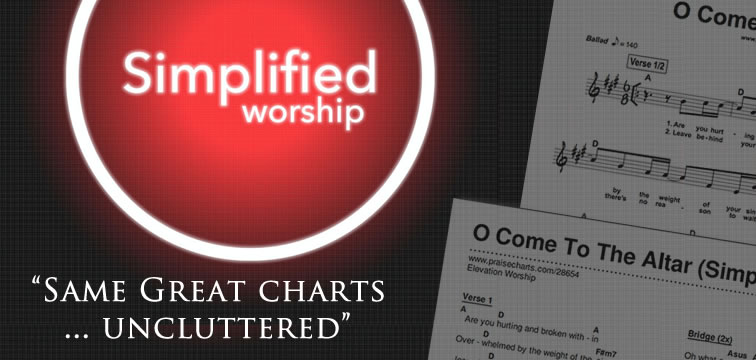Hooks in Songwriting Are Not Exactly A New Idea
Featuring Paul Baloche Posted on January 18, 2010
As you can see, hooks are not exactly a new idea. Now let’s look back even farther—to the Psalms of the Bible. Remember, the Psalms were written to be sung not spoken. As in modern songs, some of the Psalms contain more repetition than others, but all are lyrical. Some are as loaded with hooks as the latest hit song. Take, for example, Psalm 148:
1. Praise the Lord.
Praise the Lord from the heavens:
Praise Him in the heights above.
2. Praise Him, all His angels:
Praise Him, all his heavenly hosts.
3. Praise Him, sun and moon:
Praise Him, all you shining stars.
4. Praise Him, you highest heavens ...
Eight times in four verses, we hear exhortations to praise the Lord, and twice again in verses 13 and 14. The psalm ends with the words, “Praise the Lord.”
Psalm 150 is a similar example: thirteen exhortations to praise the Lord in six verses. The psalm ends as it began, with a repeat of the principal hook line, Praise the Lord.
Psalm 24: 7-10 (New King James Version) is a good example of a true chorus form. Note the repetition, with slight variations.
7. Lift up your heads, O you gates! 9. Lift up your heads, O you gates!
And be lifted up, you everlasting doors! And lift them up, you everlasting doors!
And the King of Glory shall come in. And the King of Glory shall come in.
8. Who is this King of Glory? 10. Who is this King of Glory?
The Lord strong and mighty, The Lord of Hosts,
The Lord mighty in battle. He is the King of Glory.
Check out also Psalm 19:7-9; Psalm 29; Psalm 96; Psalm 103:1-5; 20-23; Psalm 107 and Psalm 109, to mention a few.
Written in ancient Hebrew, the form and lyrical quality of the Psalms survive the translation into other languages. Rather than rhyming sounds as we do, the ancient Hebrew writers made much use of metrical rhythm and parallelism, or the rhyming of meaning. In Jimmy and Carol’s overseas seminars they have had their interpreters read aloud from the Psalms in their own Bibles. In European, Asian and Middle Eastern languages, it’s easy, even for one who doesn’t speak these languages, to hear the repetition, parallelism and rhythmic organization.
What a marvel the scriptures are! They are a blueprint for worship. When I am at a loss for words, I go to the praise words of the prophets or psalmists and read them to God, right out loud. What paeans of love, acclaim and adoration pour out there. I borrow their words to prime my pump. I know God loves to hear them again and I’m sure the authors won’t mind.
Tags: God Songs, Songwriting
Related Posts
Other Posts Featuring Paul Baloche
- How To Thrive This Christmas - Webinar with Paul Baloche
- For Unto Us A Child Is Born (Open the Eyes of My Heart) Tutorial with Paul Baloche
- How To Play "Hark The Herald" by Paul Baloche
- How To Play "Your Name (Christmas Version)" by Paul Baloche
- How To Play "What Can I Do (Christmas Version)" by Paul Baloche
- How To Play "This Is Love (with Come Thou Long Expected Jesus)" by Paul Baloche
- How To Play "Prepare Him Room" by Paul Baloche
- How To Play "O Come Emmanuel" by Paul Baloche
